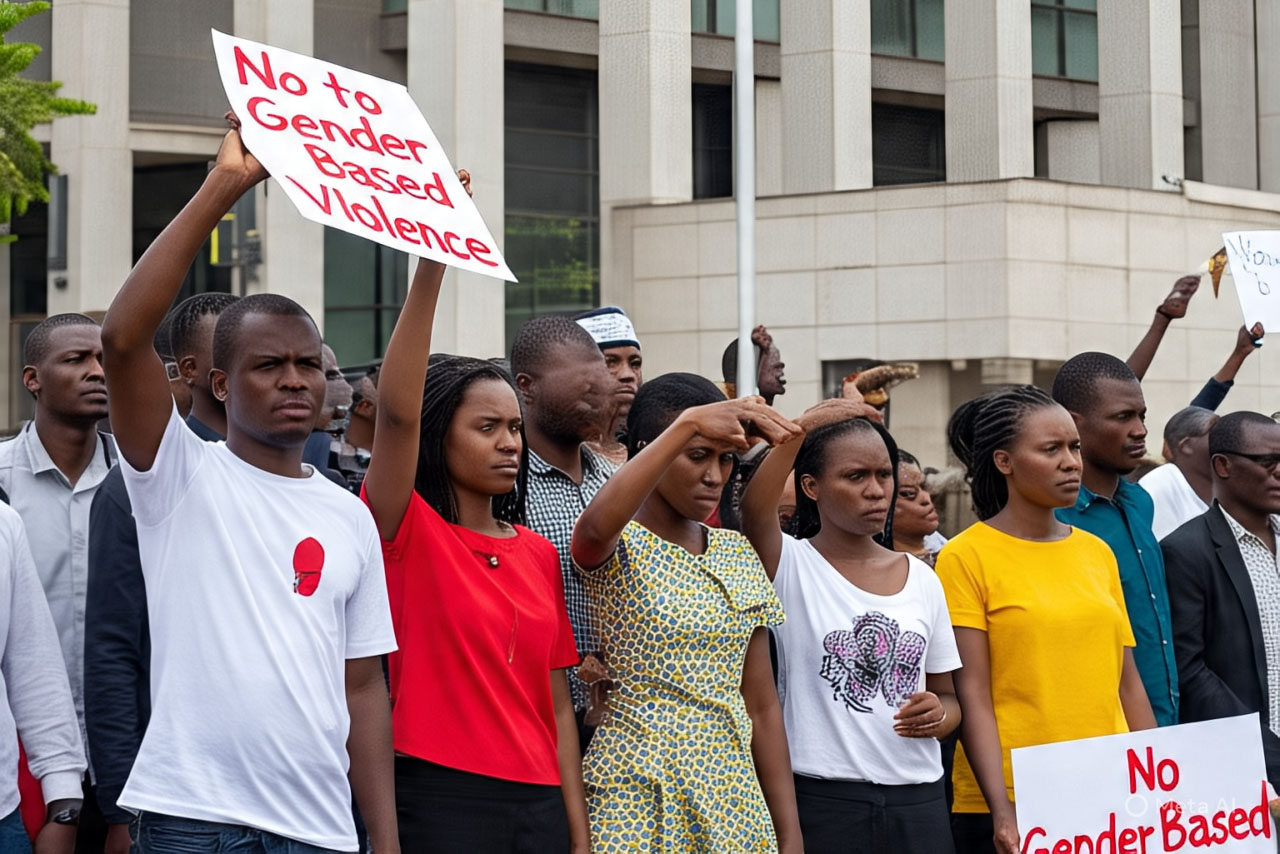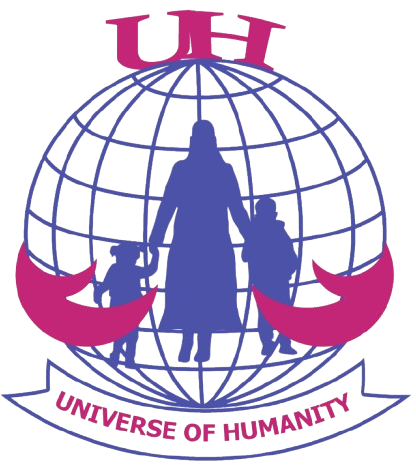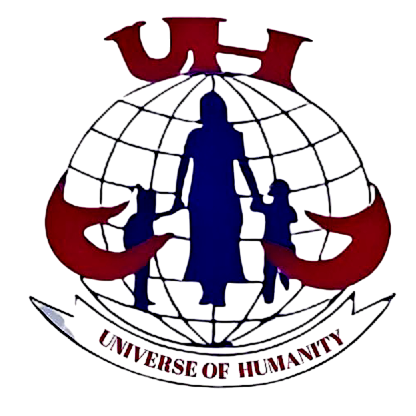
Gender-based violence (GBV) remains one of the most widespread and devastating human rights violations in Africa. It cuts across age, class, religion, and ethnicity, affecting millions of women and girls. Despite efforts from governments, NGOs, and international bodies, GBV continues to thrive due to deeply rooted cultural norms, weak legal systems, poverty, and a lack of awareness.
GBV refers to harmful acts directed at individuals based on their gender. It includes physical, sexual, psychological, and economic abuse. In many parts of Africa, women and girls face rape, domestic violence, early and forced marriages, female genital mutilation (FGM), trafficking, and emotional abuse. The impact is severe—leading to trauma, injury, unwanted pregnancies, HIV infections, school dropouts, and even death.
Cultural practices and traditional beliefs often play a significant role in normalizing GBV. In some communities, women are seen as the property of men, and violence is accepted as a form of discipline. Girls are sometimes forced to marry as early as age 12, robbing them of their childhood, education, and future. Harmful practices like FGM are still carried out in the name of tradition, despite the clear health risks and legal prohibitions.
Another major challenge is the weakness or inaccessibility of legal systems. Survivors of GBV often lack the resources or support to seek justice. Police officers may be untrained or unwilling to handle such cases seriously. In many rural areas, cases are settled within families or local councils, where the rights of women and girls are rarely upheld. As a result, perpetrators are not held accountable, and victims remain silent out of fear or shame.
The COVID-19 pandemic worsened the situation. Lockdowns and economic hardship increased tensions in households, leading to a surge in domestic violence. Reports from countries like Nigeria, South Africa, and Kenya indicated a spike in GBV cases during the pandemic period, revealing the urgent need for stronger protection and support systems.
Despite these challenges, progress is being made. Many African governments have introduced laws and policies to combat GBV. Civil society organizations are leading awareness campaigns, offering counseling services, running safe shelters, and advocating for survivors. Schools are beginning to include gender education in their curricula, helping to change harmful mindsets from an early age.
However, more must be done. There is a need for stronger enforcement of laws, greater community involvement, and increased funding for GBV prevention and response programs. Education and economic empowerment of women and girls are also key to reducing their vulnerability to abuse.
Gender-based violence is not just a women’s issue—it is a human rights crisis that affects the whole society. Ending it requires collective action from governments, communities, religious leaders, men, and women alike. With sustained effort and commitment, Africa can build a safer and more equal future where everyone, regardless of gender, can live with dignity and without fear.


